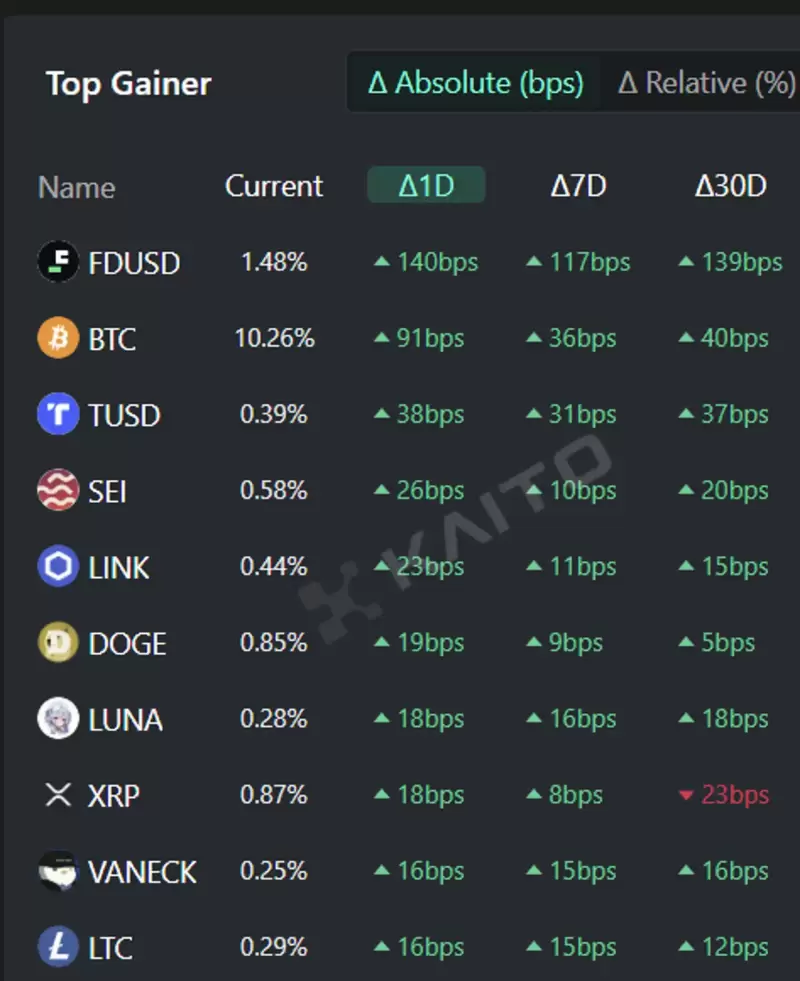 |
|
 |
|
 |
|
 |
|
 |
|
 |
|
 |
|
 |
|
 |
|
 |
|
 |
|
 |
|
 |
|
 |
|
 |
|
Cryptocurrency News Articles
Japanese Prime Minister Shigeru Ishiba Expresses Caution Regarding the Inclusion of Bitcoin as Part of Japan's National Reserve Assets
Dec 29, 2024 at 09:55 pm
In recent remarks, Japanese Prime Minister Shigeru Ishiba expressed significant caution regarding the inclusion of Bitcoin as part of Japan's national reserve assets.

Japanese Prime Minister Shigeru Ishiba has expressed caution regarding the inclusion of Bitcoin in Japan’s national reserve assets, highlighting the need for a deeper understanding of global cryptocurrency trends before making such a decision.
During an inquiry by Satoshi Hamada from the Party to Protect the People on NHK, Ishiba stated that the Japanese government faces challenges in fully grasping global cryptocurrency movements. This statement underscores the conservative approach Japan maintains towards volatile and speculative financial strategies adopted by other countries.
In recent remarks, Prime Minister Ishiba expressed significant caution regarding the inclusion of Bitcoin as part of Japan’s national reserve assets. During an inquiry by Satoshi Hamada from the Party to Protect the People on NHK, Ishiba highlighted the Japanese government’s need for a deeper understanding of global cryptocurrency trends before making such a decision.
According to Ishiba, “It is difficult for the government to express its views” on the matter, highlighting the challenges faced by the Japanese government in fully grasping global cryptocurrency movements. This statement underscores the conservative approach Japan maintains towards volatile and speculative financial strategies adopted by other countries.
Under the current Japanese legal framework, cryptocurrencies like Bitcoin are not recognized as foreign exchange assets. This classification stems from prioritizing the stability and liquidity of the nation’s foreign reserves, primarily managed through securities denominated in stable foreign currencies.
Ishiba’s comments reinforce this position, pointing to the high volatility inherent in cryptocurrencies as a barrier to their inclusion in Japan’s financial strategies.
On a global scale, the concept of integrating Bitcoin into national reserves is gaining attention. Personalities like Strike CEO Jack Mallers have discussed the possibility in relation to the United States, while Brazilian Congressman Eros Biondini has formally proposed a strategic Bitcoin reserve.
However, Japan’s stance remains wary, aligning its policies more with maintaining economic stability than with pioneering speculative asset incorporation.
In contrast, Ripple CEO Brad Garlinghouse has suggested that Japan might explore stablecoins, especially those pegged to the Japanese yen, given the country’s relatively clear regulatory landscape. Such a move could align with Japan’s rigorous standards for financial stability while integrating advanced blockchain technologies into its financial systems.
The discussion regarding Bitcoin’s potential as a reserve asset largely centers on its volatility. Unlike stablecoins or traditional foreign currencies, Bitcoin’s value can fluctuate dramatically, posing a risk to the financial stability that governments like Japan prioritize.
Despite these reservations, Japan has been a forerunner in cryptocurrency regulation and adoption. In 2017, the country legalized Bitcoin as a form of tender and established a comprehensive regulatory framework that has fostered a thriving cryptocurrency sector.
This cautious yet progressive approach may position Japan as a crucial player in shaping international standards for integrating digital assets into traditional financial systems.
As global conversations on cryptocurrency evolve, Japan’s cautious stance could influence other nations’ policies, highlighting the importance of thorough risk assessment in managing digital assets. Japan’s strategy reflects a balance between maintaining economic stability and remaining open to technological advancements.
Disclaimer:info@kdj.com
The information provided is not trading advice. kdj.com does not assume any responsibility for any investments made based on the information provided in this article. Cryptocurrencies are highly volatile and it is highly recommended that you invest with caution after thorough research!
If you believe that the content used on this website infringes your copyright, please contact us immediately (info@kdj.com) and we will delete it promptly.
-

- FDUSD, BTC, TUSD, SEI, and LINK are the top 5 virtual asset-related keywords attracting the most interest
- Apr 03, 2025 at 03:45 pm
- According to the Token Mindshare (a metric quantifying the influence of specific tokens in the virtual asset market) top gainers from the AI-based Web3 search platform Kaito
-

-

-

-

-

- Meme Cryptocurrency Dogecoin DOGE/USD Falls After President Donald Trump's Tariff Shock, Extending Weekly Losses to Over 16%
- Apr 03, 2025 at 03:35 pm
- Popular dog-themed cryptocurrency Dogecoin DOGE/USD fell Wednesday after President Donald Trump's tariff shock, extending its weekly losses to over 16%.
-

-

-





























































